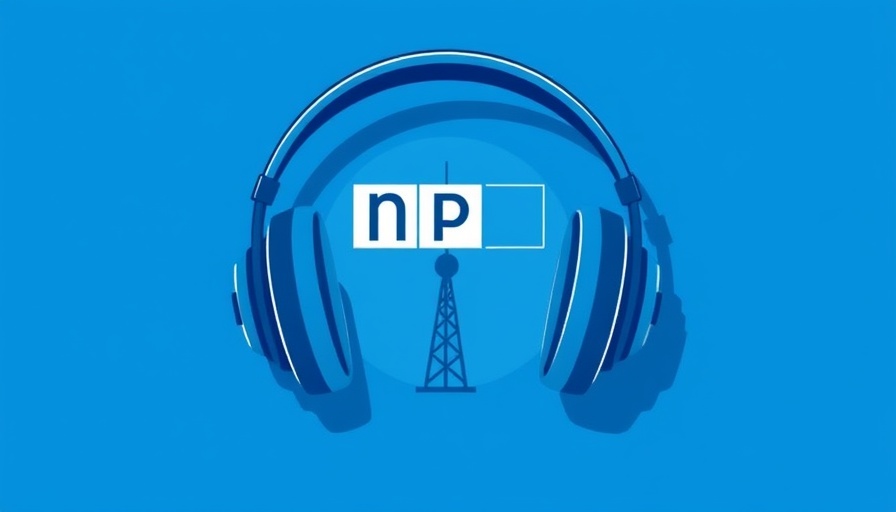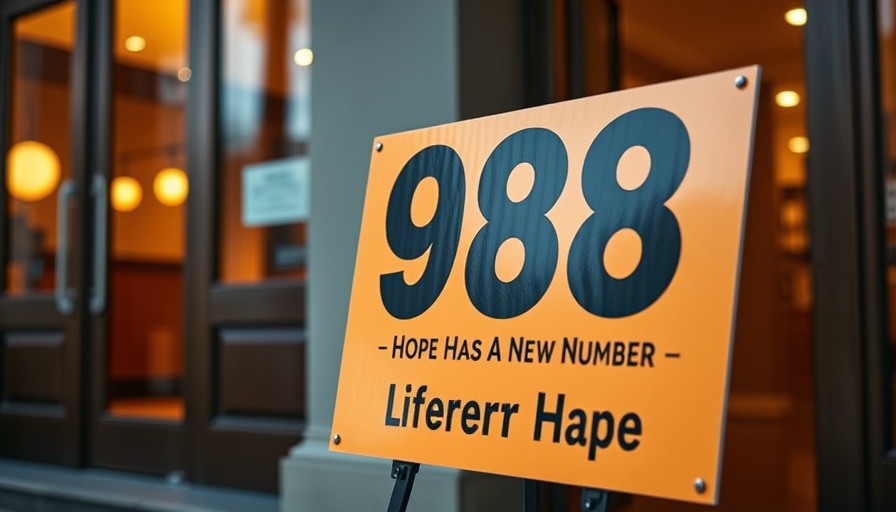
The Hidden Value of Vaccine Stockpiles
Every year, nearly $100 million is spent to maintain global stockpiles of vaccines for diseases like Ebola, cholera, meningitis, and yellow fever. This financial commitment raises an important question: are these vaccine reserves truly worth the investment? Recent research is shedding light on their value, indicating that they may indeed be saving lives at a remarkable rate.
Global Stockpiles Under Scrutiny
Across the globe in places like South Korea, large quantities of oral cholera vaccines are on standby in refrigerated units, ready for immediate deployment to countries such as Angola and Sudan. Epidemiologist Allyson Russell from Gavi, the Vaccine Alliance, oversees the management of these vital reserves. She emphasizes the urgency of maintaining at least 5 million doses in stock, highlighting the logistical challenges of meeting this target. The significance of these stockpiles has gained attention, as researchers now quantify the lives saved through these proactive measures amidst a backdrop of declining global health funding.
Statistics That Speak Volumes
A groundbreaking study published in the British Medical Journal — Global Health has quantified the impact of these stockpiles. Researchers analyzed over 200 outbreaks over the past two decades, aiming to assess the outcomes without the available vaccines. The findings revealed an impressive 60% reduction in cases and fatalities attributed to these vaccines—a striking testament to their effectiveness. Nick Scott, a co-author of the study, referred to this statistic as “quite an amazing thing,” indicating the vaccines' role as a pivotal factor in managing public health crises.
Why Stockpiles Matter Now More Than Ever
As global health funding faces uncertainties, the future of these vaccine stockpiles becomes increasingly precarious. The need for rapid response capabilities in times of crisis has never been greater, particularly in regions prone to outbreaks. Russell insists that we need to maintain this proactive stance, as the repercussions of inaction could lead to tragic losses of life.
The Ripple Effect: Global Health and Economic Stability
Investing in vaccine stockpiles is not just a matter of health; it also bears economic implications. When preventive measures like vaccination succeed, communities can avoid the expensive fallout from outbreaks. By curbing the spread of disease, economies can remain stable, ensuring that millions can continue to work and contribute to society.
Innovative Solutions for Resource Allocation
While the stakes are high, innovative solutions are emerging in how we view and manage vaccine stockpiles. Organizations are exploring avenues to optimize distribution and improve coordination between public and private sectors. Advanced data analytics could help identify trends in vaccination needs and potentially prevent stockpiling shortages. The implementation of these technologies might enhance logistical efficiency, reducing waste while ensuring adequate supplies where they are most needed.
A Broader Perspective on Global Health
Understanding the value of these vaccine stockpiles also invites broader conversations about global health equity. Countries with fewer resources often struggle to access vaccines, emphasizing the importance of international cooperation. With the lessons learned from the ongoing COVID-19 pandemic, addressing these disparities in vaccine accessibility will be crucial for future preparedness.
Conclusion: A Call to Action
As we reflect on the significance of maintaining vaccine stockpiles, it is crucial for governments, organizations, and health professionals to prioritize funding and resource allocation for these essential reserves. By supporting these initiatives, we can improve our collective health security and ensure a preventative approach to managing outbreaks, ultimately saving lives. Stakeholders in the health and financial sectors must engage in discussions to sustain this program and its critical impact on global health.
 Add Row
Add Row  Add
Add 




Write A Comment